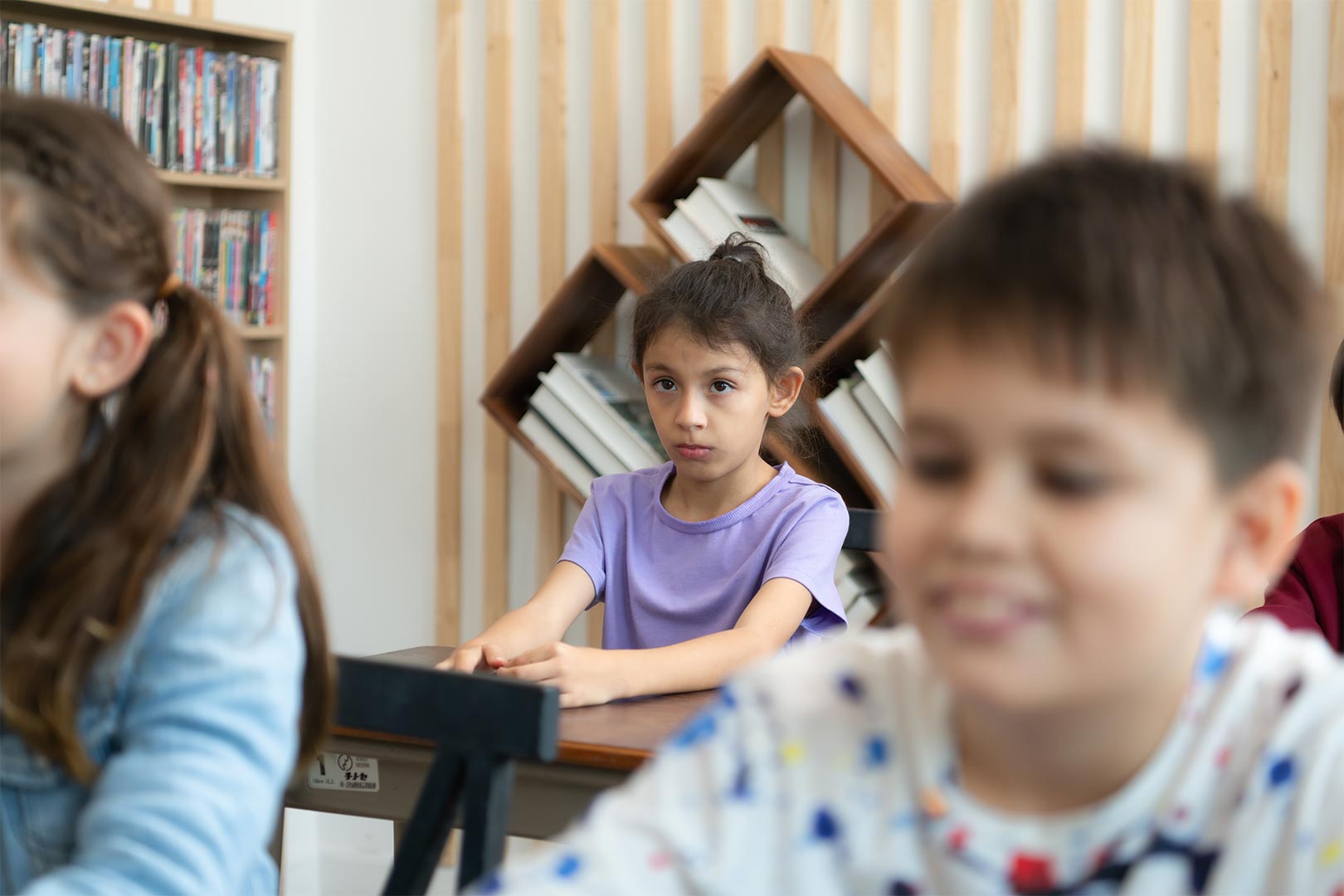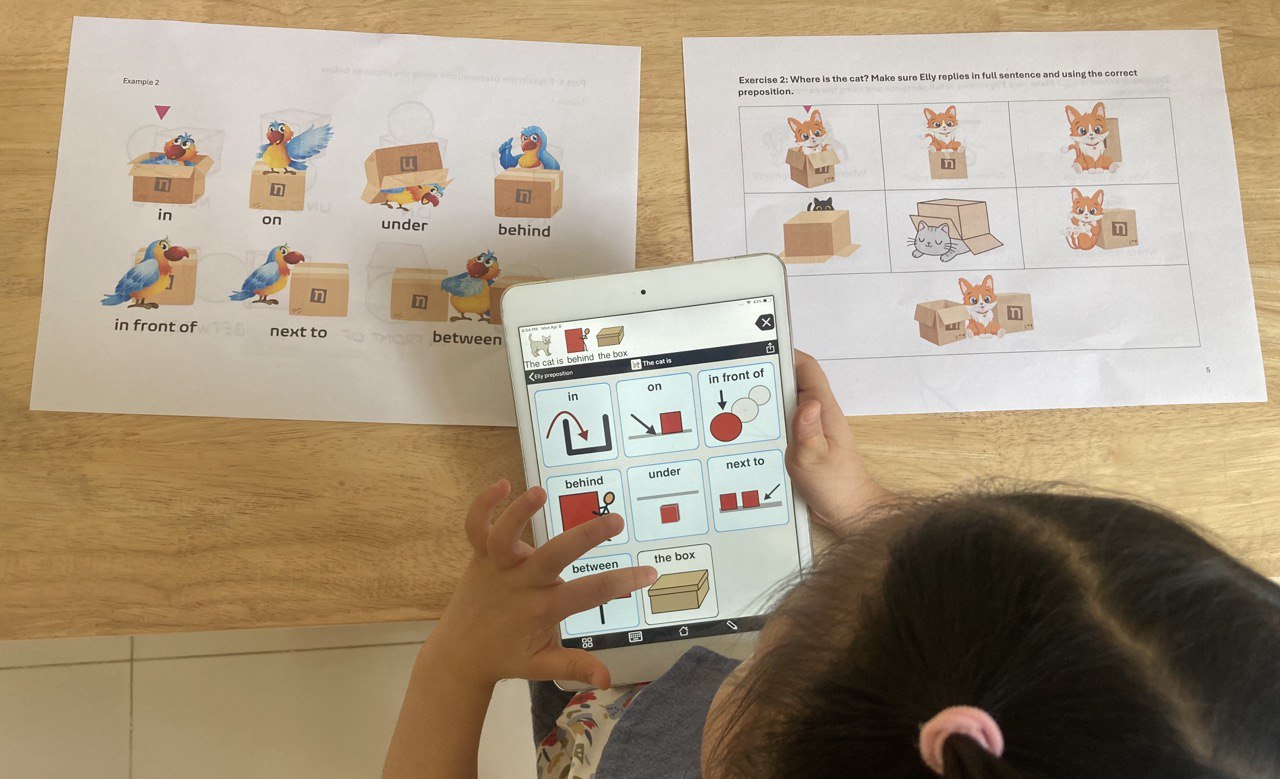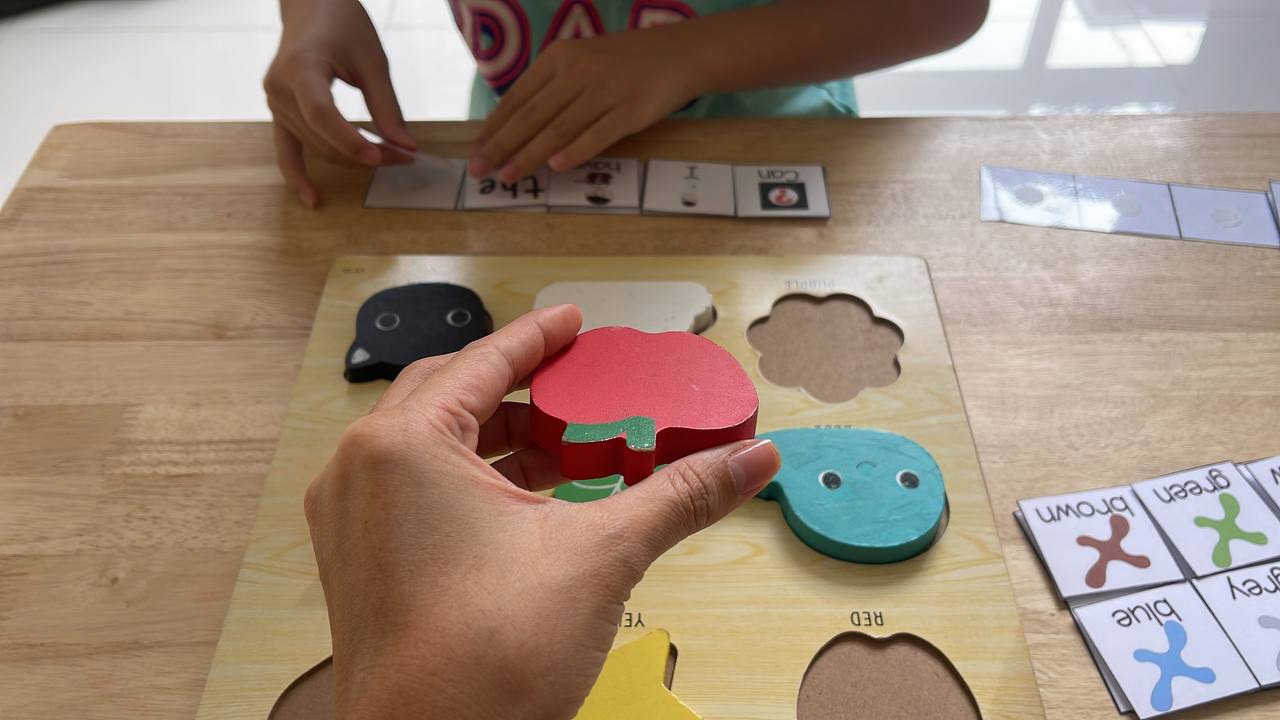Individualized education is a type of teaching that is tailored to the specific needs of each student. This can be done through a variety of methods, such as using different learning materials, providing extra support, or offering different ways for students to show what they know. Individualized education is especially important for students with disabilities, but it can also benefit all students.
Here are some of the benefits of individualized education:
- Improved student achievement: Studies have shown that students who receive individualized education tend to perform better academically than their peers who do not.
- Increased student engagement: When students are learning in a way that is tailored to their interests and needs, they are more likely to be engaged and motivated.
- Improved student self-esteem: When students feel successful in school, they are more likely to have a positive self-image.
- Reduced dropout rates: Students who are engaged and successful in school are less likely to drop out.
There are a variety of ways to implement individualized education in the classroom. One common approach is to use differentiated instruction. Differentiated instruction means providing students with different learning experiences based on their readiness level, interests, and learning styles. For example, a teacher might provide different reading materials to students based on their reading level, or allow students to choose different projects to work on based on their interests.
Another approach to individualized education is to use personalized learning. Personalized learning means creating a unique learning plan for each student based on their individual needs and goals. This can be done through a variety of methods, such as using computer software, working with a tutor, or creating a portfolio of student work.
If your child is receiving individualized education, there are a few things you can do to help them make the most of it:
- Talk to your child’s teacher: Find out what specific strategies the teacher is using to meet your child’s needs. Ask how you can support your child’s learning at home.
- Help your child develop their own goals: Encourage your child to think about what they want to learn and how they want to learn it. Help them develop specific, measurable goals that they can work towards.
- Monitor your child’s progress: Talk to your child’s teacher regularly to see how they are progressing. Ask about any areas where your child may need additional support.
- Advocate for your child: If you have any concerns about your child’s education, don’t be afraid to speak up. You are your child’s best advocate.
Here are some additional tips for implementing individualized education in the classroom:
- Use data to inform your instruction: Regularly assess your students’ progress to identify their strengths and weaknesses. Use this data to plan lessons and activities that are tailored to their individual needs.
- Provide students with choices: Allow students to choose their own learning activities and projects whenever possible. This will help them feel more engaged and motivated.
- Use a variety of teaching methods: Not all students learn in the same way. Use a variety of teaching methods to reach all of your learners.
- Collaborate with other teachers: Work with other teachers to develop individualized education plans for your students. Share ideas and resources.
Individualized education is an important part of ensuring that all students succeed. By following the tips above, you can help your child make the most of their individualized education.
Find out if your child needs extra support today!
- My child screams hysterically
- My child is mean to other children
- My child is always worried
- My child is scared to go to school
- My child is scared of loud noises
- My child doesn’t know how to read
- My child is scared to play outside
- My child does not respond to his name
- My child always gets in trouble
- My child fights with other children
- My child doesn’t know how to count
If you are concerned about your child’s development, contact us for Assessments: Phone/Telegram: 077.455.993 – Telegram Link: https://t.me/OrbRom
If you are concerned about your child’s development, contact us for Assessments.
Phone/Telegram: 077.455.993 Link: https://t.me/OrbRom






Leave A Comment